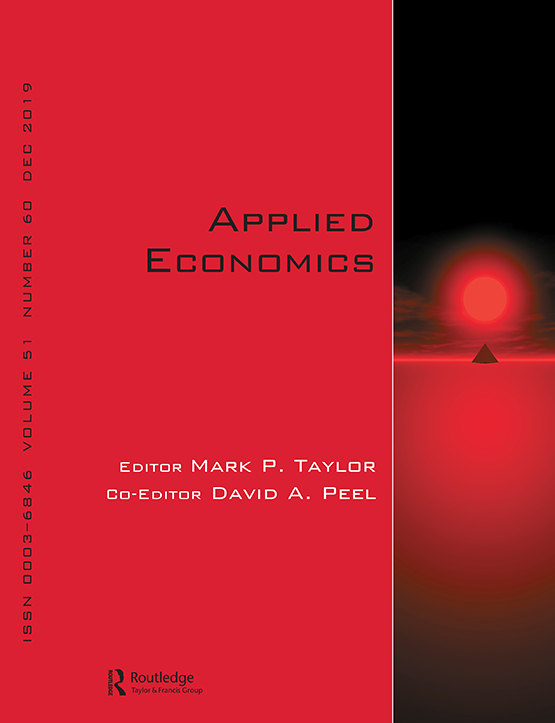The main objective of this article is to evaluate determinants of demand for light fuels in Brazil between 2003 and 2013. Through a vector autoregression analysis, an effort was made to identify and quantify the impact of different economic variables and public policy measures adopted during this period on the surprising increase in energy consumption by Brazil’s light-vehicle fleet. The results suggest that demand for energy by the light-vehicle fleet was influenced by an increase in income, by a decrease in fuel prices associated with a policy designed to prevent increases in the price of gasoline from pushing the inflation rate up, by a higher availability of credit for buying vehicles, and by a drop in the real price of those goods, with emphasis on countercyclical measures to waive the tax on industrialized products levied on new vehicles during economic downturns in the automotive industry.
Light fuel demand and public policies in Brazil, 2003–2013
O estudo estima o impacto de diferentes fatores na demanda por combustíveis líquidos no Brasil. Dentre eles, os preços e a renda dos consumidores são avaliados, mas concomitantemente, fatores derivados de políticas públicas como o controle do preços da gasolina praticado no Brasil durante parte do período, o aumento do crédito para compra de veículos e a desoneração de tributos sobre bens industrializados que favoreceu a indústria automobilística.
Autor:
Luciano Rodrigues e Mirian Rumenos Piedade Bacchi
Ano de Publicação:
2016
Referência:
Rodrigues, L. and Bacchi, M.R.P. (2016), “Light fuel demand and public policies in Brazil, 2003-2013”, Applied Economics, Vol.48, pp.5300–5313.

